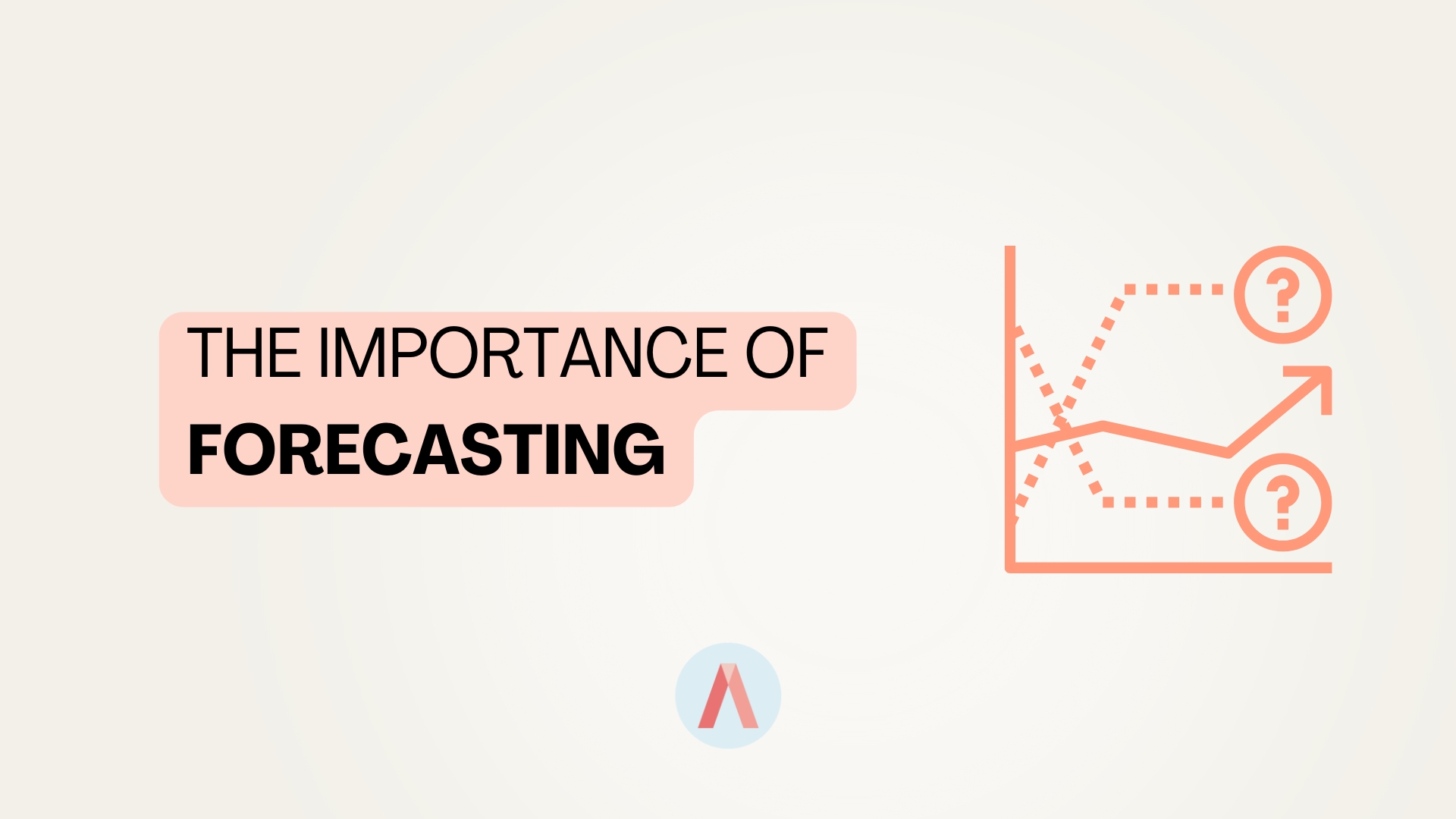The Importance of Forecasting

Most account managers underestimate how much forecasting shapes their credibility. It’s not just about numbers in a spreadsheet. Forecast accuracy determines whether your company hires too fast, spends too much, or loses the board’s confidence. When your forecasts are unreliable, leaders stop trusting your judgment. When they’re accurate, you’re seen as a serious operator—not just a service rep.
Why Forecasting Matters More Than You Think
Bad forecasts create ripple effects across the business. Missed numbers influence hiring decisions, budget allocations, and even investor confidence. Former CRO Cliff Unger put it clearly: job number one is hitting the number, but accuracy is what wins trust in the boardroom. That’s why forecasting isn’t just an operational task. It’s a credibility test.
Accuracy Builds Influence
Research shows that only a small fraction of companies forecast within 5% of actuals. That gap leaves executives guessing and creates room for doubt. As an account manager, every time you present a forecast you’re signaling whether leadership can rely on you. Accurate forecasting builds internal influence—leaders start to see you as the one who reduces surprises and keeps revenue predictable.
Forecasting Isn’t Just Renewals
Most AMs focus forecasting on renewals alone. Cliff Unger challenges that view. Forecasting expansion is just as critical, because growth targets depend on it. Your ability to anticipate upsells and expansions directly shapes company strategy. If you leave expansions out of your forecast, you’re operating with blind spots—and so is your leadership team.
Deliver Bad News Early
One of Cliff’s strongest points: executives can handle bad news—they just can’t handle late news. Missed forecasts erode trust far faster than hard conversations about risk. If you see trouble coming, raise it early. Forecasting isn’t about painting a perfect picture. It’s about balancing realism with ambition and making sure leadership is never surprised.
Build Systems, Not Heroics
Forecast accuracy doesn’t come from gut instinct or last-minute saves. It comes from systems: clean data, clear definitions of ARR/GRR/NRR, and disciplined processes for account reviews. When you build systems that raise the floor, you stop relying on individual heroics and start delivering reliability. That’s how you move from being seen as a vendor to being trusted as a growth leader.
Forecasting is more than predicting numbers—it’s about building credibility, shaping strategy, and earning the confidence of executives. To go deeper into this topic, listen to Alex Raymond’s conversation with former CRO Cliff Unger: amplifyam.com/podcast/deliver-bad-news-early-inside-the-boardroom-with-a-cro-cliff-unger

.jpg)

.png)
.png)